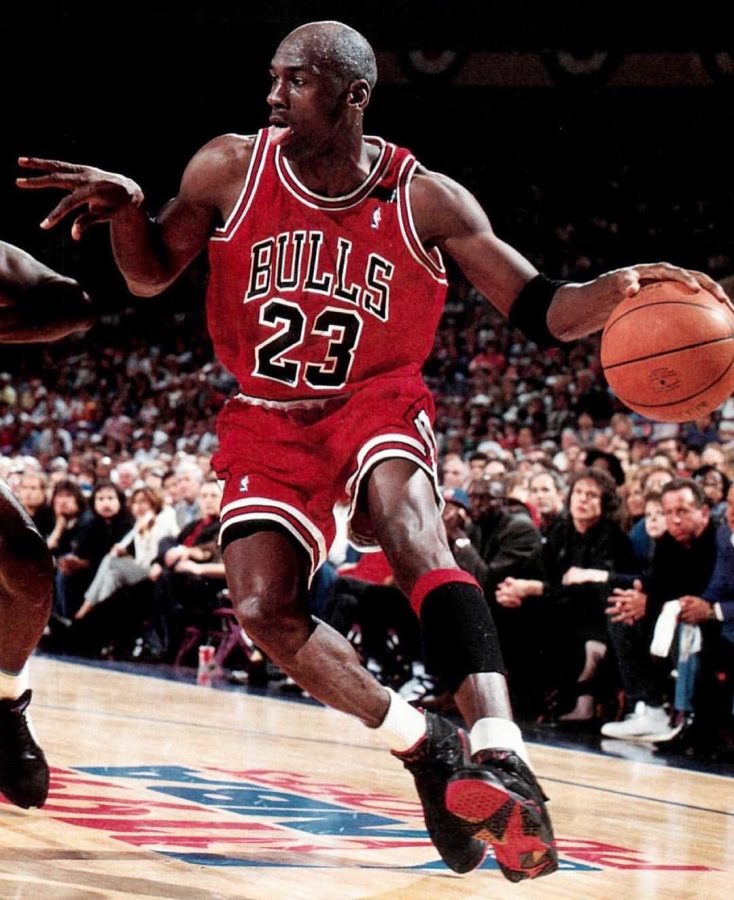Review: Revisionist History- ESPN’s The Last Dance
The Last Dance, ESPN’s ten-part documentary series detailing the life of NBA Hall of Famer Michael Jordan, has dominated public conversation in recent weeks. On Monday, May 20th, the network announced that The Last Dance was its most watched documentary series ever (5.6 million viewers per night over five Sundays). The documentary, over which Jordan had a great deal of control, attempted to bridge the gap between entertainment and journalism. Unfortunately, the documentary fell far short of this goal–The Last Dance was a highly editorialized attempt to assert Jordan’s superiority and undermine his rivals, as well as modern players challenging his title as consensus “GOAT” (greatest player of all time).
The first victim of The Last Dance’s denigration of Jordan’s enemies was former Chicago Bulls general manager Jerry Krause. Krause, who passed away in 2017, was largely responsible for assembling Jordan’s supporting cast in the 1990s. However, The Last Dance depicts him as an egotistical and unforthcoming figure who limited the potential of the Bulls’ dynasty. Jordan has been publicly critical of Krause for decades, and given his authority over the documentary, it is almost certain that he directed this indictment on Krause’s career.
The attacks on Krause are not the only mischaracterizations in The Last Dance: Toni Kukoc, a borderline hall of famer, is also covered pejoratively in the documentary. Kukoc was the third-highest scorer in all three seasons during the Bulls’ second threepeat (1996-98) and is one of the greatest international players in NBA history. However, Jordan and co-star Scottie Pippen were allegedly slighted by the Bulls organization’s praise for Kukoc, which they felt undermined their accomplishments. As a result, Kukoc receives less attention in The Last Dance than his contributions merit.
Beyond personal snubs, the history of the NBA is highly editorialized in The Last Dance. The documentary glosses lightly over Jordan’s defeats to the Detroit Pistons in 1988, 1989, and 1990. Rather than exploring the compelling storyline over Jordan’s struggle to earn his first championship, The Last Dance vilifies Pistons legends like Isiah Thomas because they refused to shake the Bulls’ hands in 1991. This erasure of an extended period of failure in Jordan’s career reveals the true motivation of the documentary: to bolster Jordan’s legacy as the NBA’s GOAT.
This motivation also explains the timing of The Last Dance. As Lakers power forward LeBron James accrues more titles and honors, his case to surpass Jordan as the GOAT grows stronger. Although Jordan has downplayed the extent to which he cares about his legacy in the past, the amelioration of his legacy in The Last Dance indicates a desire to protect his hold on the title as the NBA’s GOAT.
With that said, The Last Dance is still a very entertaining watch. Never before have basketball fans gotten such a personal and candid look at the NBA in the 1990s. The documentary also provides valuable insight into Jordan’s early life and personal opinions, as well as his work ethic and strategic thinking. Ultimately, though, The Last Dance’s biased coverage of Michael Jordan’s career detracts from its journalistic quality.




























